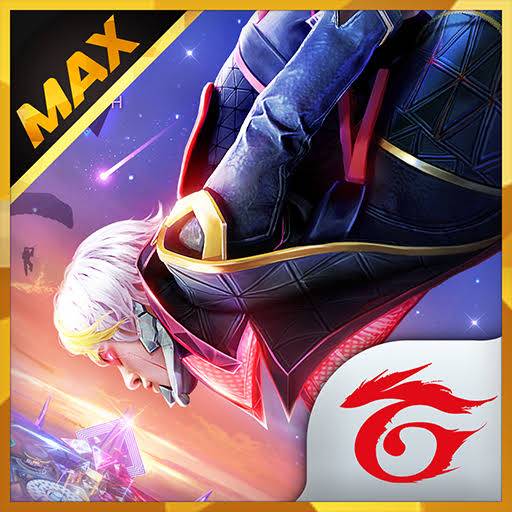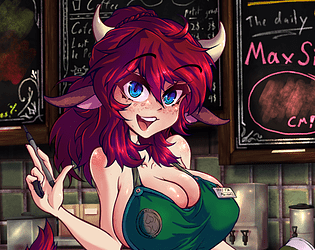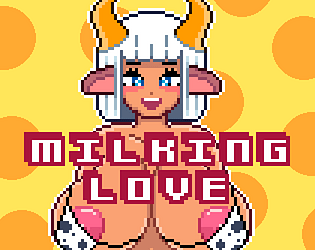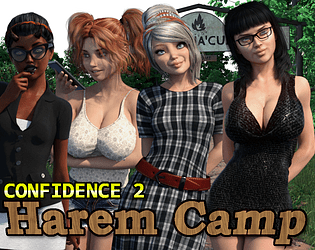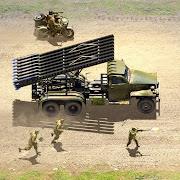The early days of Will Wright’s iconic life simulation games were filled with charming details, immersive mechanics, and quirky surprises that later entries left behind. From deeply personal memory systems to unique NPC interactions, these lost features helped define the magic of the originals. As the series evolved, many of these beloved elements faded into obscurity. In this article, we'll take a nostalgic journey back to explore the forgotten gems of the first two games — features that fans still miss and wish would return.
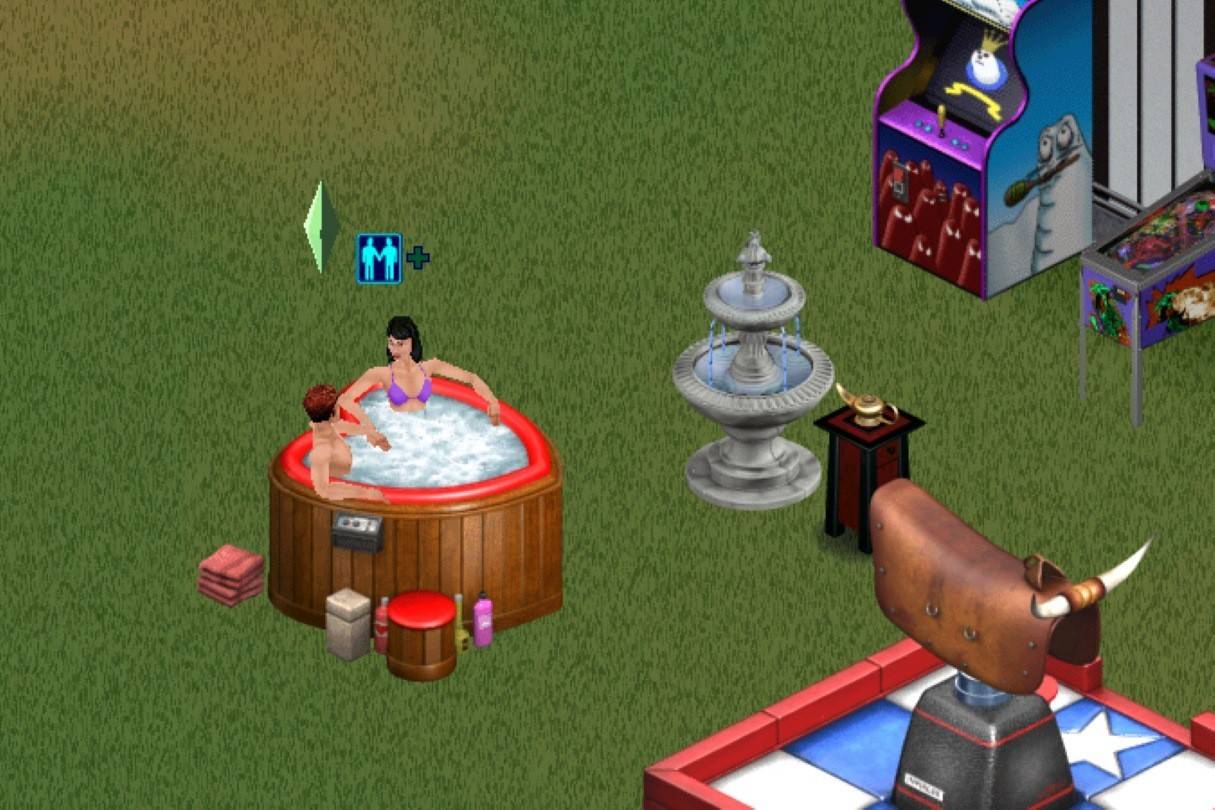 Image: ensigame.com
Image: ensigame.com
Table of Content
- The Sims 1
- Authentic Plant Care
- Can’t Pay, Can’t Eat!
- A Genie’s Unexpected Gift
- The School of Hard Knocks
- Realistic WooHoo
- Fine Dining
- Thrills and Spills
- The Price of Fame
- Spellcasting in Makin’ Magic
- Singing Under the Stars
- The Sims 2
- Running a Business
- Higher Education, Higher Rewards
- Nightlife
- The Excitement of Apartment Life
- Memories That Last, Love That Doesn’t
- Functional Clocks
- Shop ‘Til You Drop
- Unique NPCs
- Unlocking Hobbies
- A Helping Hand
The Sims 1
Authentic Plant Care
 Image: ensigame.com
Image: ensigame.com
In the original game, certain indoor plants required regular watering to stay healthy. Neglecting them could lead to them withering, impacting not only the home's aesthetics but also lowering the "Room" need. This subtle mechanic encouraged players to keep their living spaces in tip-top shape.
Can’t Pay, Can’t Eat!
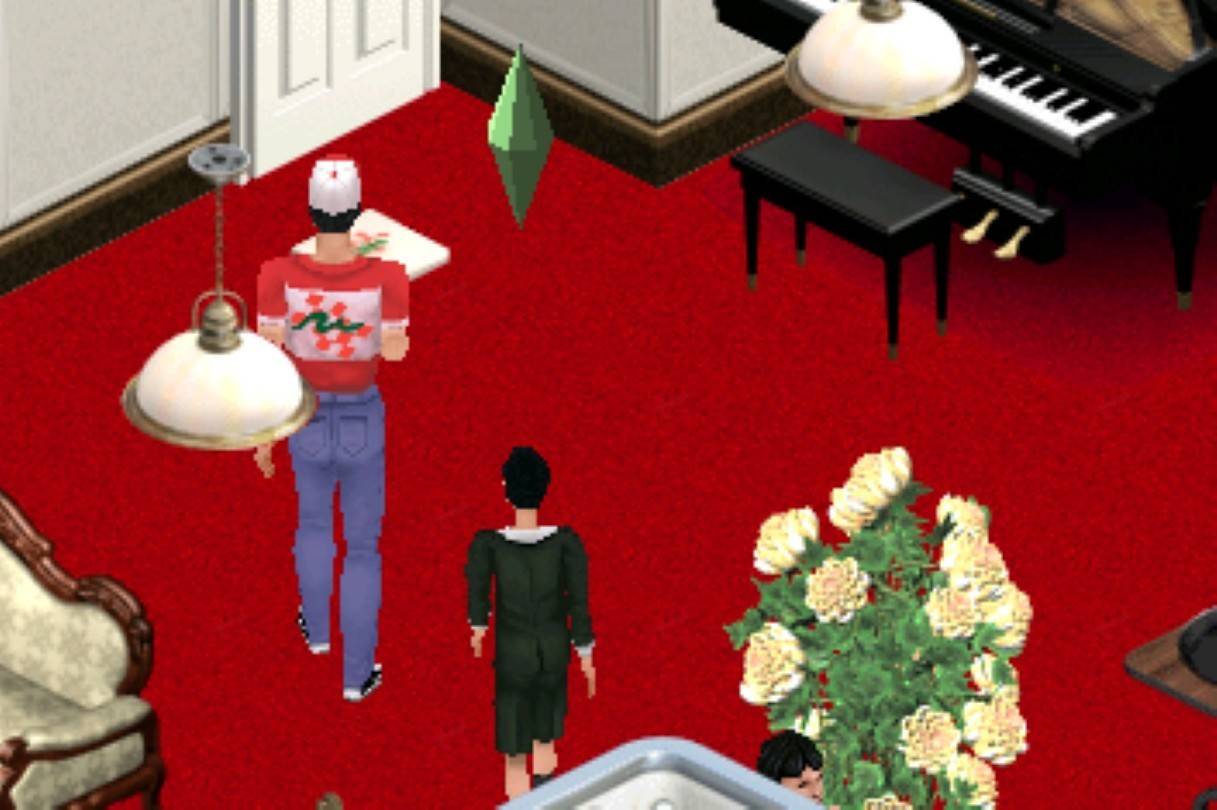 Image: ensigame.com
Image: ensigame.com
Freddy, the pizza delivery man, would show his frustration if your Sim couldn't pay for the order. Instead of leaving quietly, he'd reclaim the pizza and walk away, adding a humorous yet realistic touch to the game.
A Genie’s Unexpected Gift
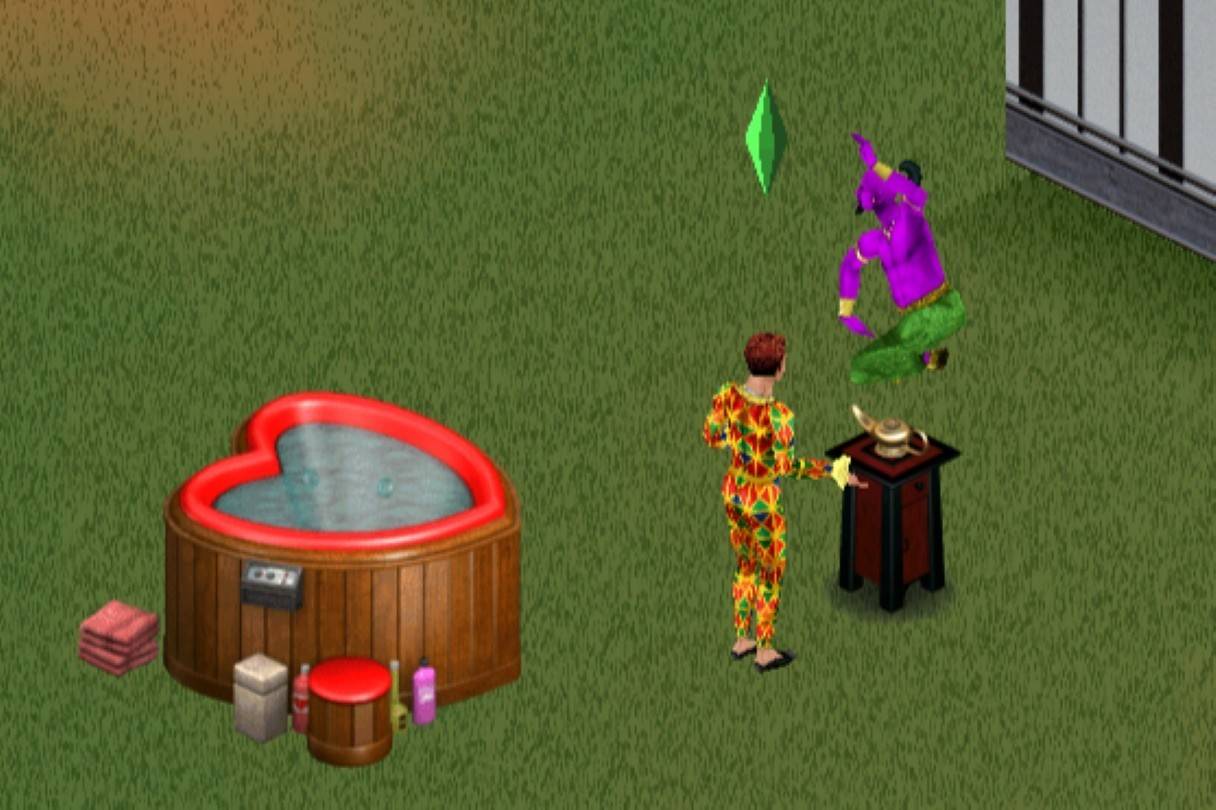 Image: ensigame.com
Image: ensigame.com
The genie lamp was a magical item that could be used once a day, offering a range of wishes with lasting effects. When choosing the "water" wish, players might expect a simple benefit, but there was a rare chance the genie would surprise them with a luxurious hot tub. This unexpected twist was particularly exciting during self-imposed challenges like the rags-to-riches scenario, where the hot tub's arrival felt like an unanticipated stroke of fortune.
The School of Hard Knocks

Education played a significant role in Sims' lives, influencing both their future and immediate circumstances. High-achieving Sims could receive monetary gifts from their grandparents, providing a welcome financial boost. Conversely, those who struggled academically might be sent to military school, a drastic measure that permanently removed them from the household.
Realistic WooHoo
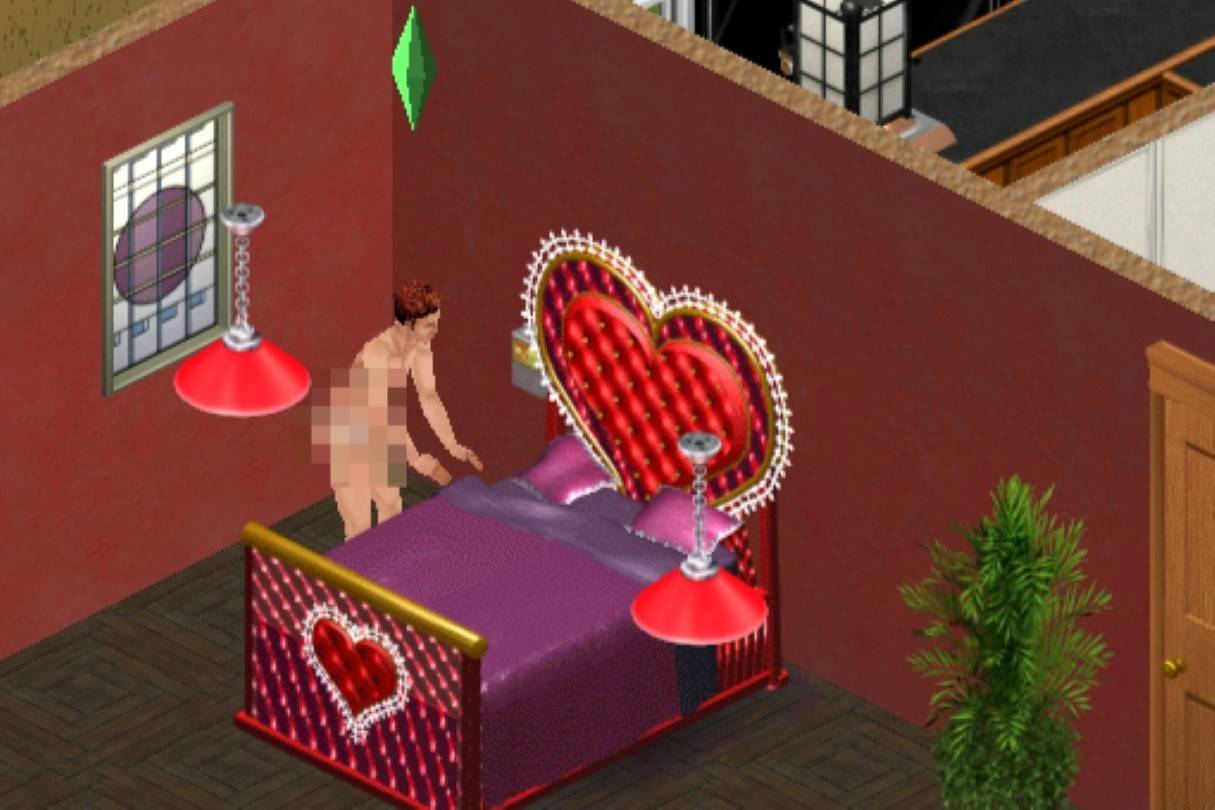 Image: ensigame.com
Image: ensigame.com
WooHoo was depicted with a surprising level of realism for its time. Before engaging, Sims would undress, and afterward, their reactions varied widely, from crying due to regret or emotional overwhelm to cheering, laughing, or showing disgust, adding depth to their interactions.
Fine Dining
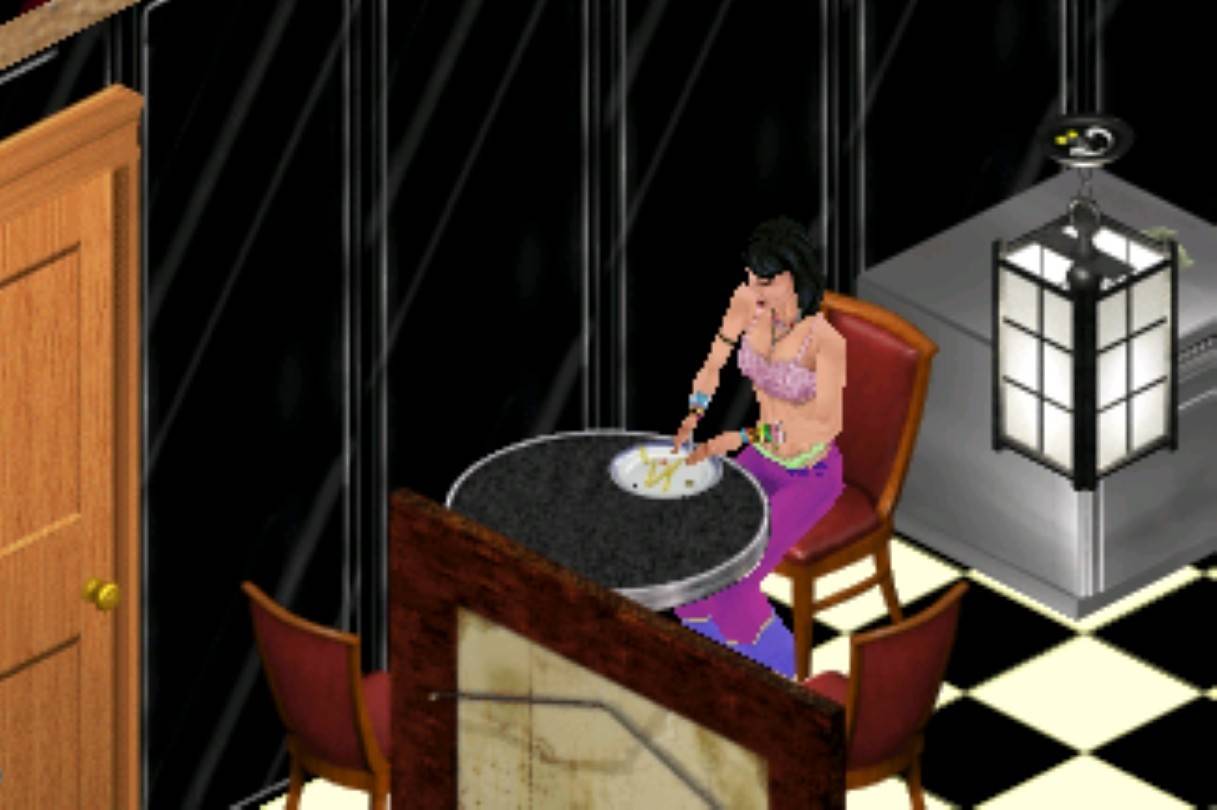 Image: ensigame.com
Image: ensigame.com
Sims used both a knife and a fork when eating, showcasing a level of sophistication that players fondly remember. Unlike later entries where eating animations were simplified, this early feature added realism to the dining experience.
Thrills and Spills
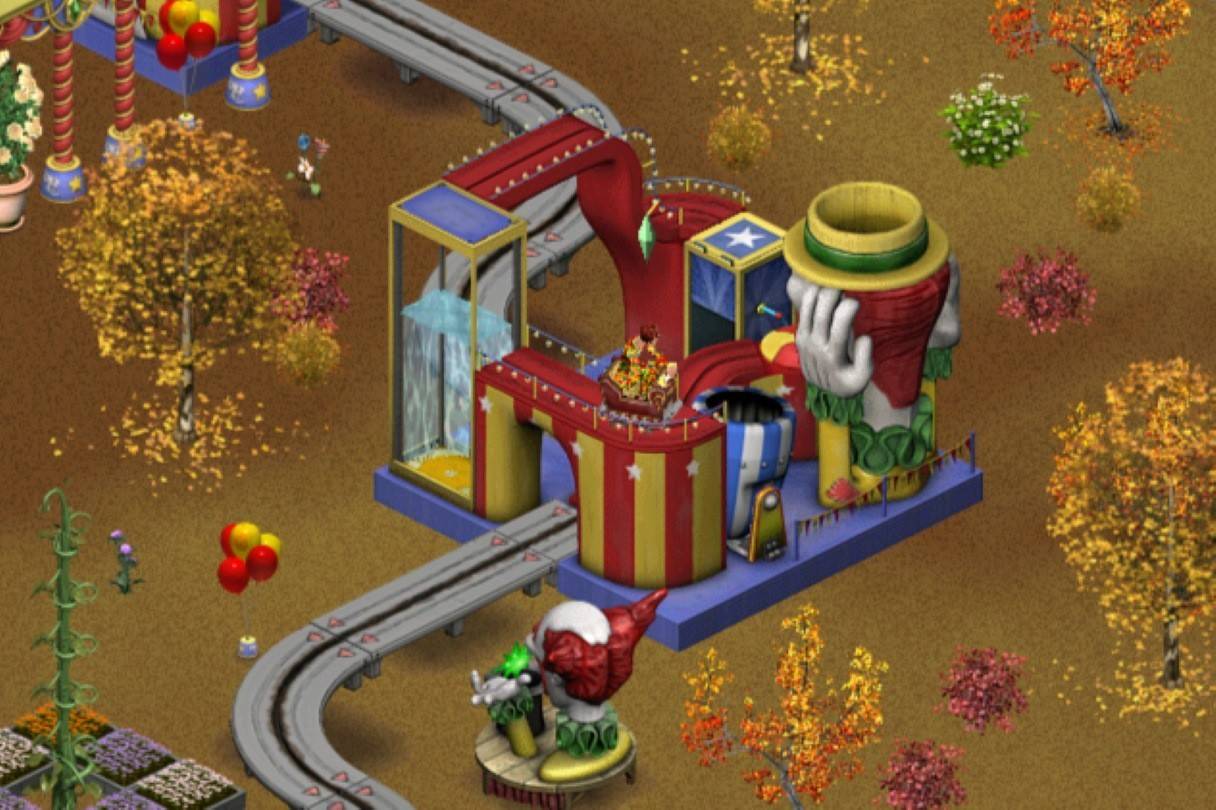 Image: ensigame.com
Image: ensigame.com
The Sims: Makin’ Magic introduced roller coasters as exciting entertainment options. In Magic Town, players could enjoy rides at Clowntastic Land with its circus theme or Vernon’s Vault with its haunted house aesthetic. Players could also build their own roller coasters on community lots, adding high-speed excitement to their Sims' world.
The Price of Fame
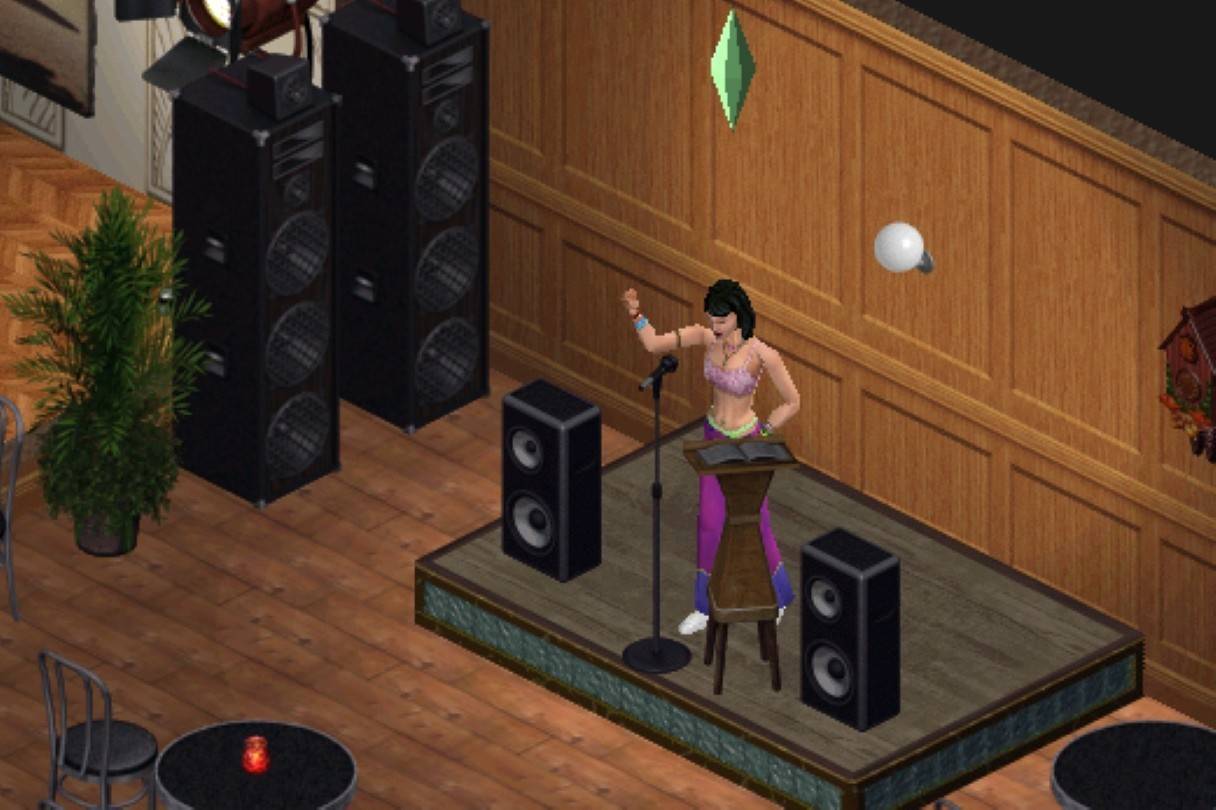 Image: ensigame.com
Image: ensigame.com
In The Sims: Superstar, Sims could chase stardom through the SimCity Talent Agency. Fame was measured by a five-star Star Power system, influenced by performances in Studio Town. Success in acting, modeling, or singing boosted their ranking, while poor performances, neglecting work, or nervous breakdowns could diminish their fame. Missing five days in a row risked being dropped by the agency, highlighting the fleeting nature of fame.
Spellcasting in Makin’ Magic
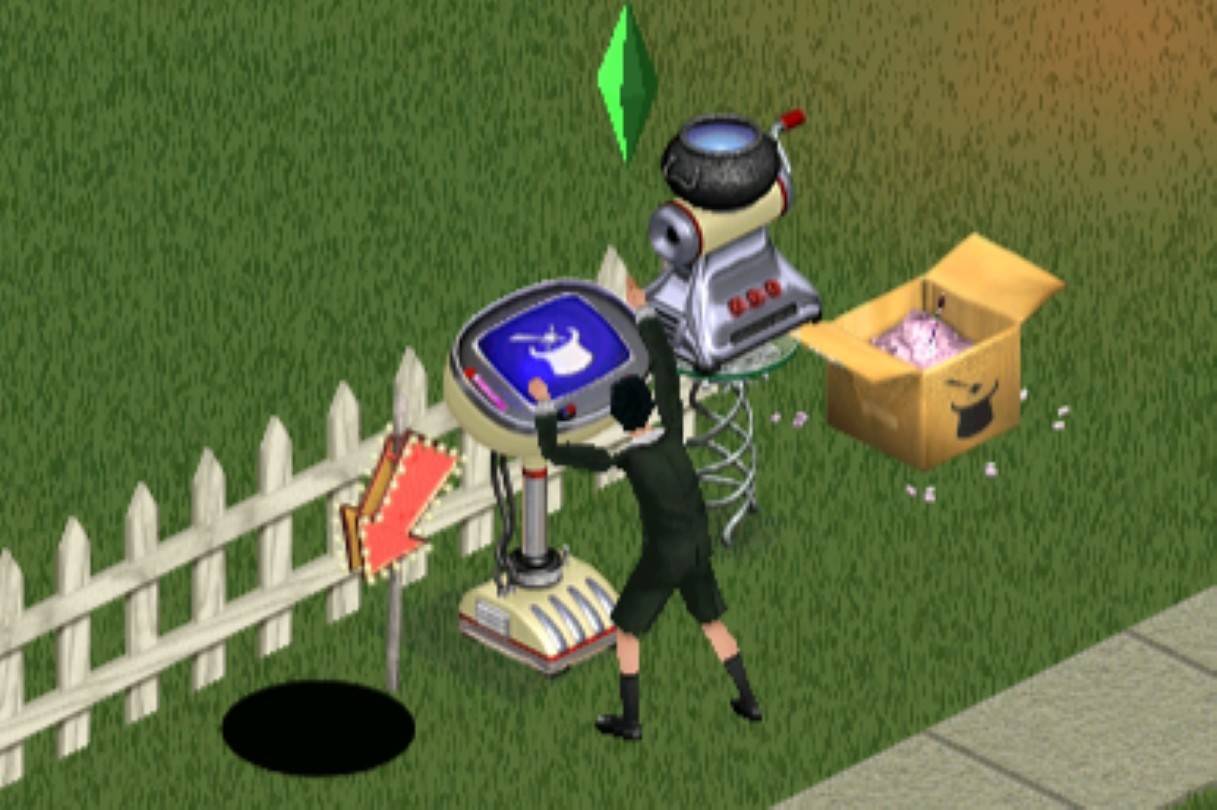 Image: ensigame.com
Image: ensigame.com
The Sims: Makin’ Magic introduced a spellcasting system where Sims could craft spells and charms using specific ingredients. The Start Here Spellbook detailed all magical recipes, with unique spells for adults and children, making it the only entry where kids could become spellcasters.
Singing Under the Stars
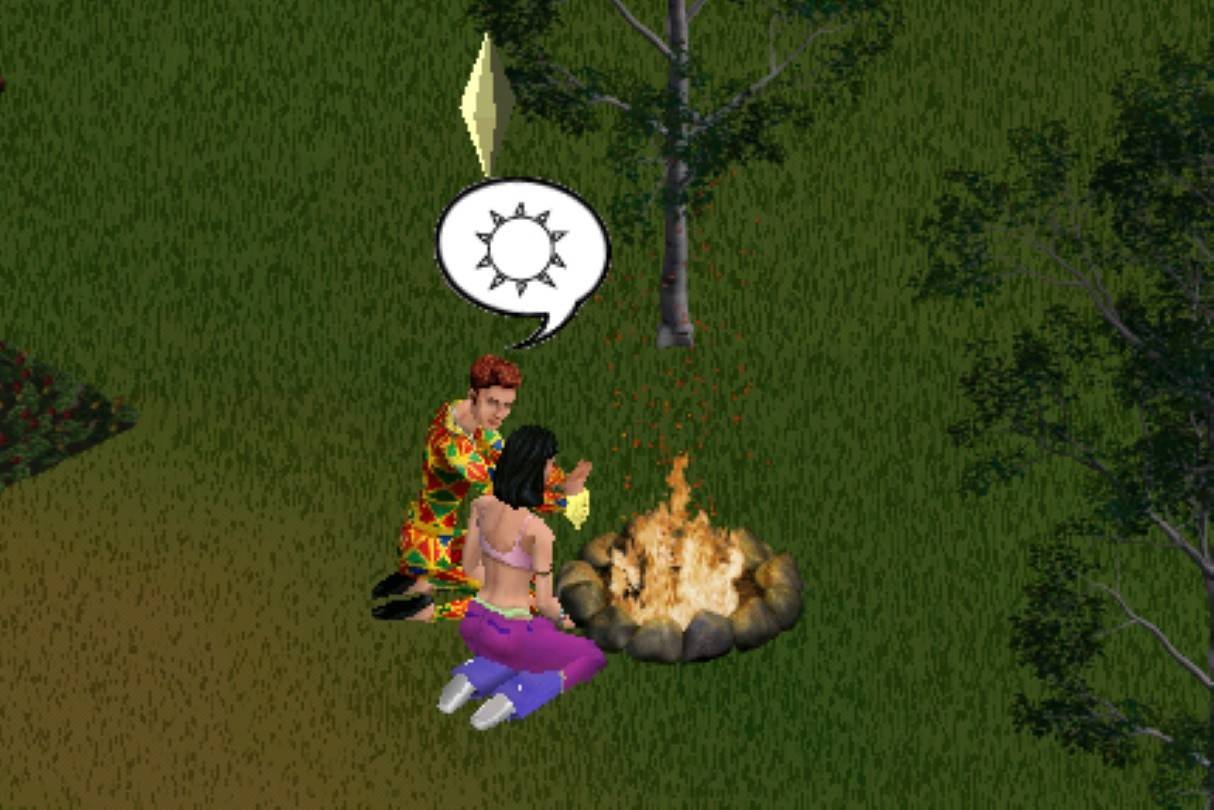 Image: ensigame.com
Image: ensigame.com
Sims could gather around a campfire to sing folk songs, choosing from three different melodies. These singalongs added a charming social element, enhancing the outdoor experience with cozy, immersive interactions.
The Sims 2
Running a Business
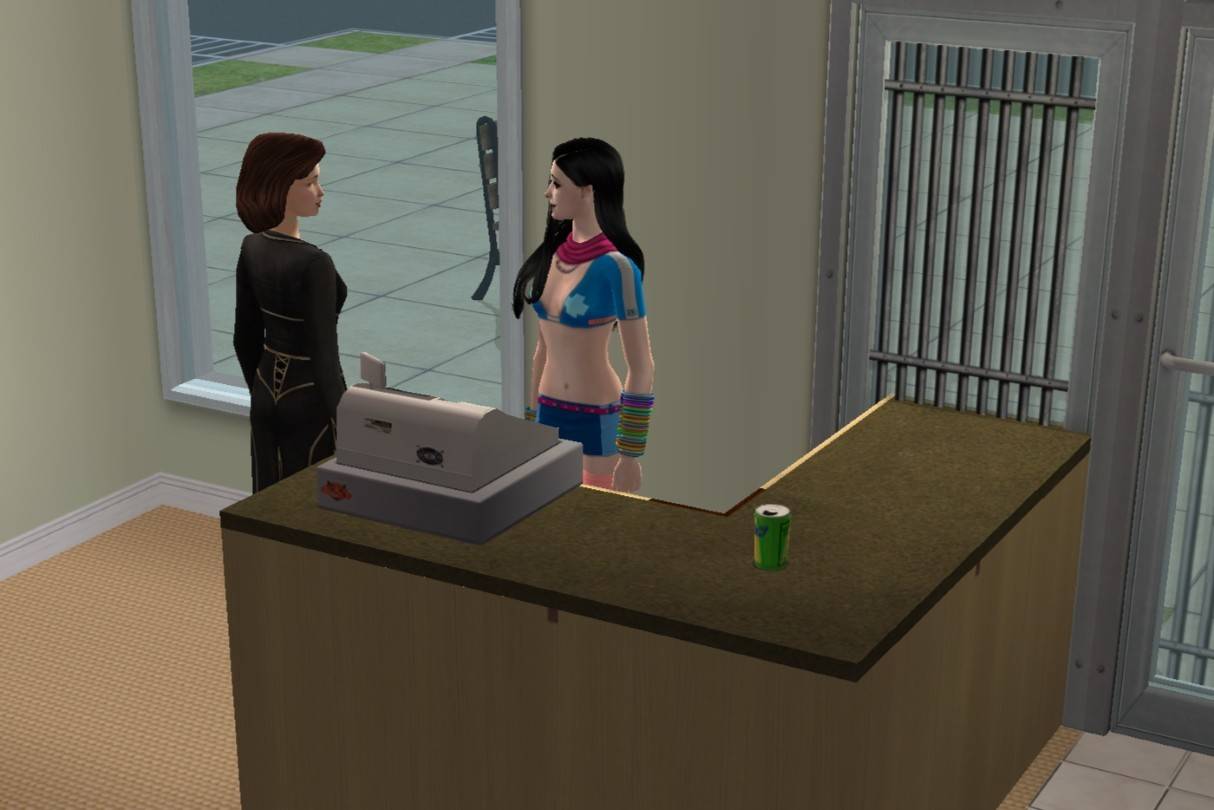 Image: ensigame.com
Image: ensigame.com
Sims could become entrepreneurs, opening businesses from their home lot or a dedicated venue. From fashion boutiques to restaurants, the possibilities were vast. Hiring employees was crucial, as motivated staff boosted profits while slackers could drag them down. Successful Sims could rise to become business moguls or innovators.
Also read: 30 best mods for The Sims 2
Higher Education, Higher Rewards
 Image: ensigame.com
Image: ensigame.com
With The Sims 2: University, teens could transition into young adulthood by enrolling in college. Living in dorms, Greek houses, or private residences, they balanced academics across ten majors while building social circles. Graduation unlocked advanced career opportunities, making higher education a pathway to success.
Nightlife
 Image: ensigame.com
Image: ensigame.com
This expansion introduced inventories, new social interactions, and over 125 objects. Romantic pursuits became more dynamic, with NPC dates leaving gifts or hate letters based on the evening's success. Iconic characters like DJs, a Gypsy matchmaker, Mrs. Crumplebottom, and grand vampires added depth to the nightlife experience.
The Excitement of Apartment Life
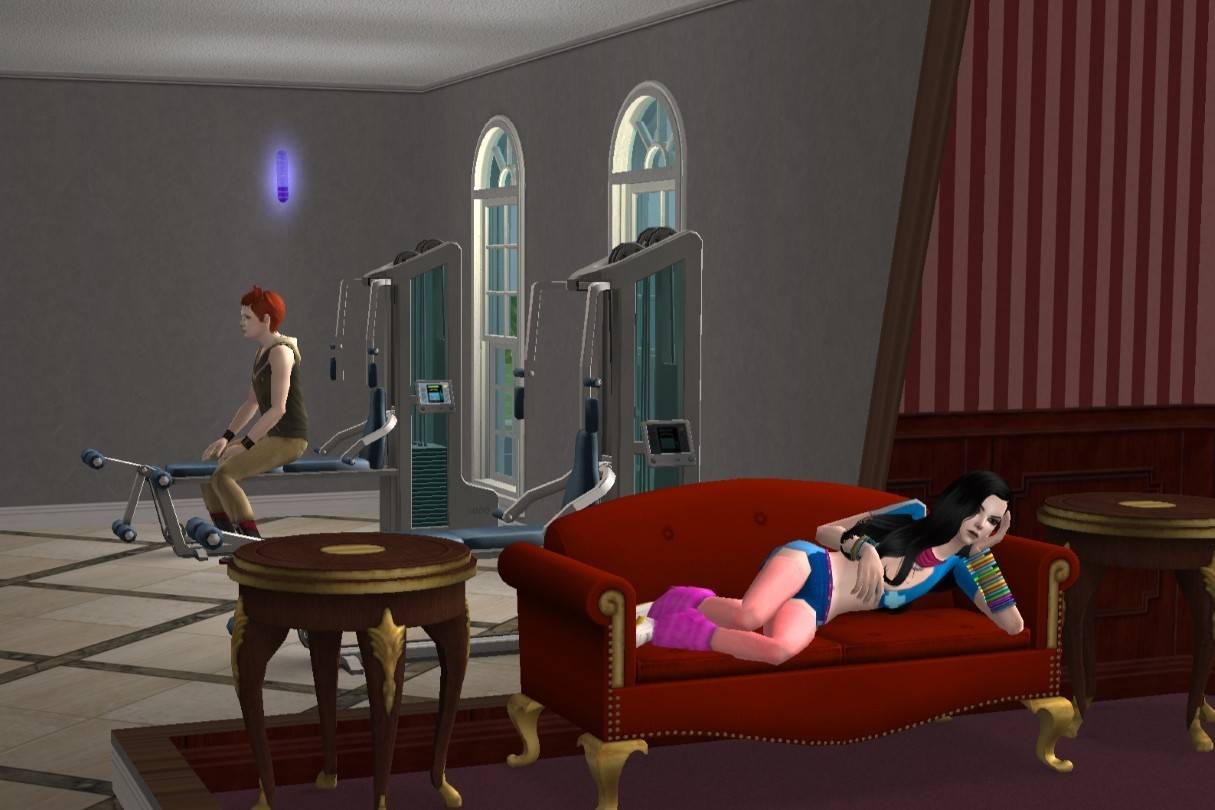 Image: ensigame.com
Image: ensigame.com
Apartment Life introduced a new way to live in bustling apartment buildings. Close quarters fostered new friendships, career connections, and romance. Whether raising kids near playgrounds, socializing in coffee shops, or learning dance moves in parks, urban life was full of opportunities, from trendy lofts to luxurious apartments with personal butlers.
Memories That Last, Love That Doesn’t
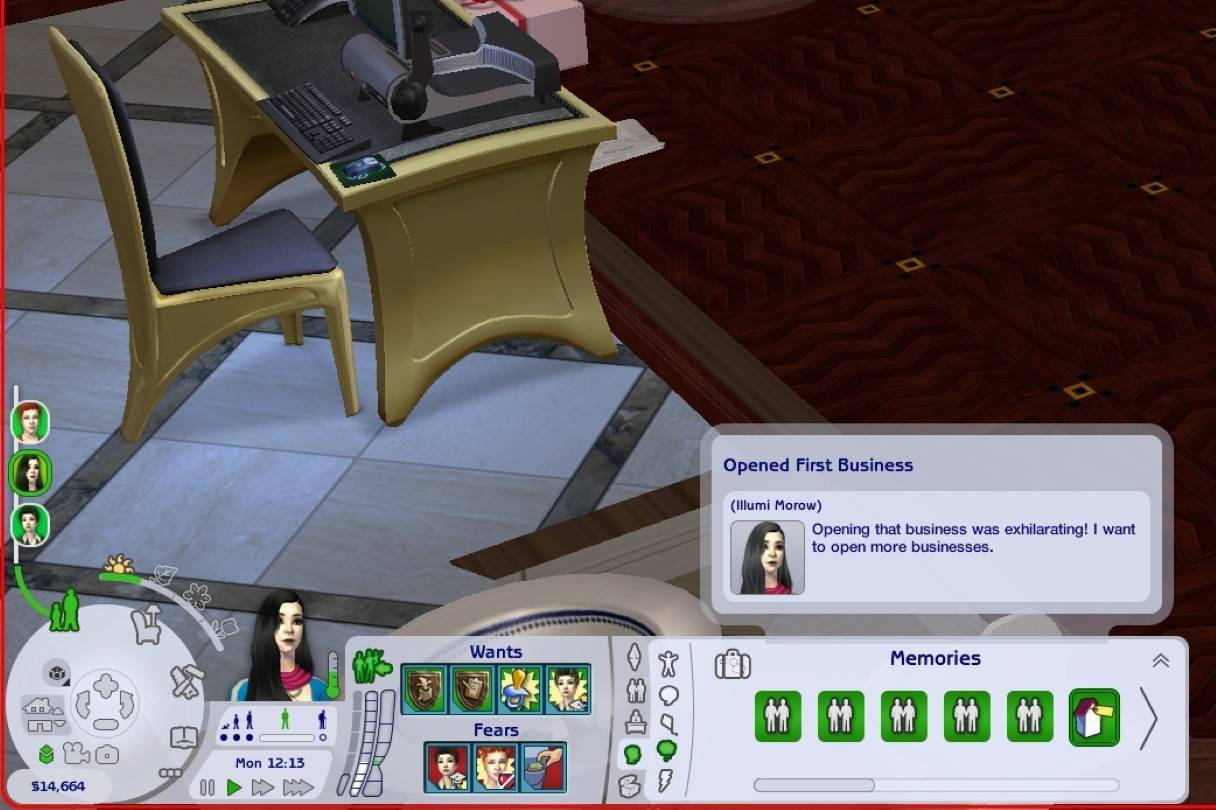 Image: ensigame.com
Image: ensigame.com
The Sims 2 introduced a memory system, allowing Sims to remember major life events, shaping their personalities and interactions. The game also featured unrequited relationships, adding realism and drama. A Sim could develop deep feelings for another, only to have those emotions go unreciprocated.
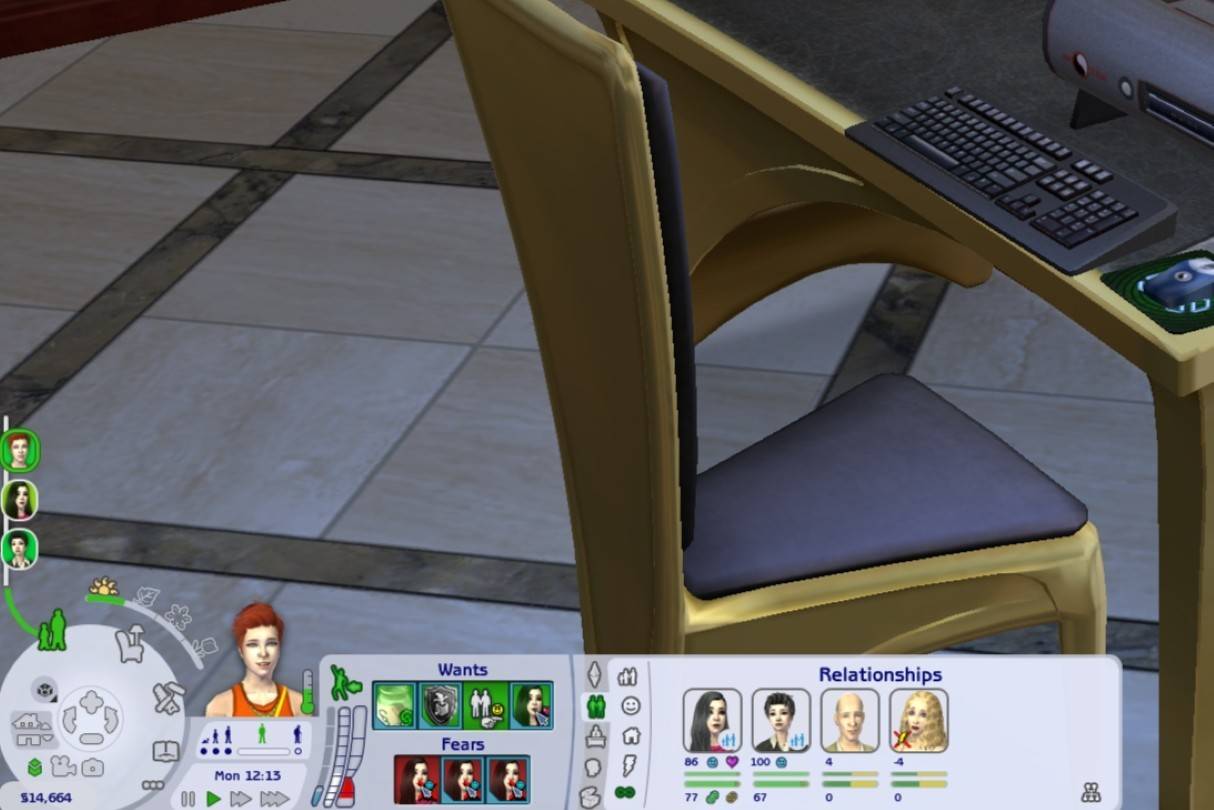 Image: ensigame.com
Image: ensigame.com
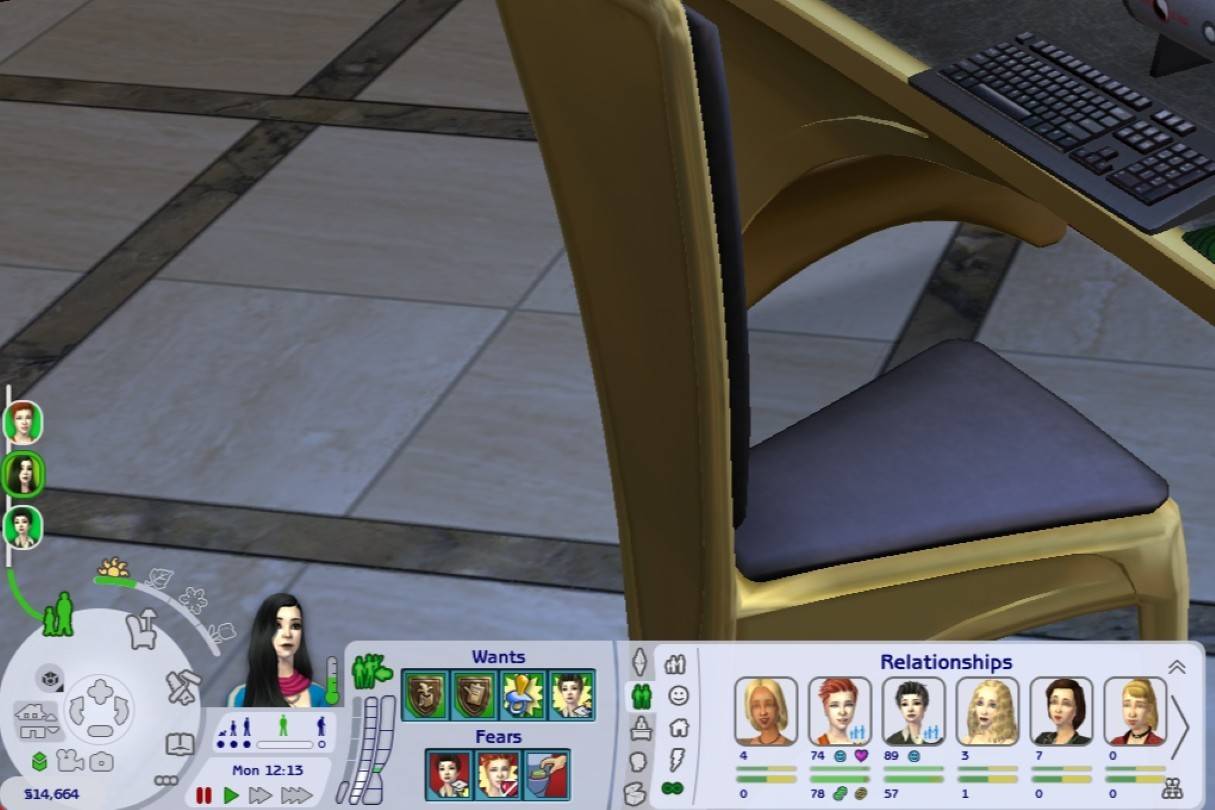 Image: ensigame.com
Image: ensigame.com
Functional Clocks
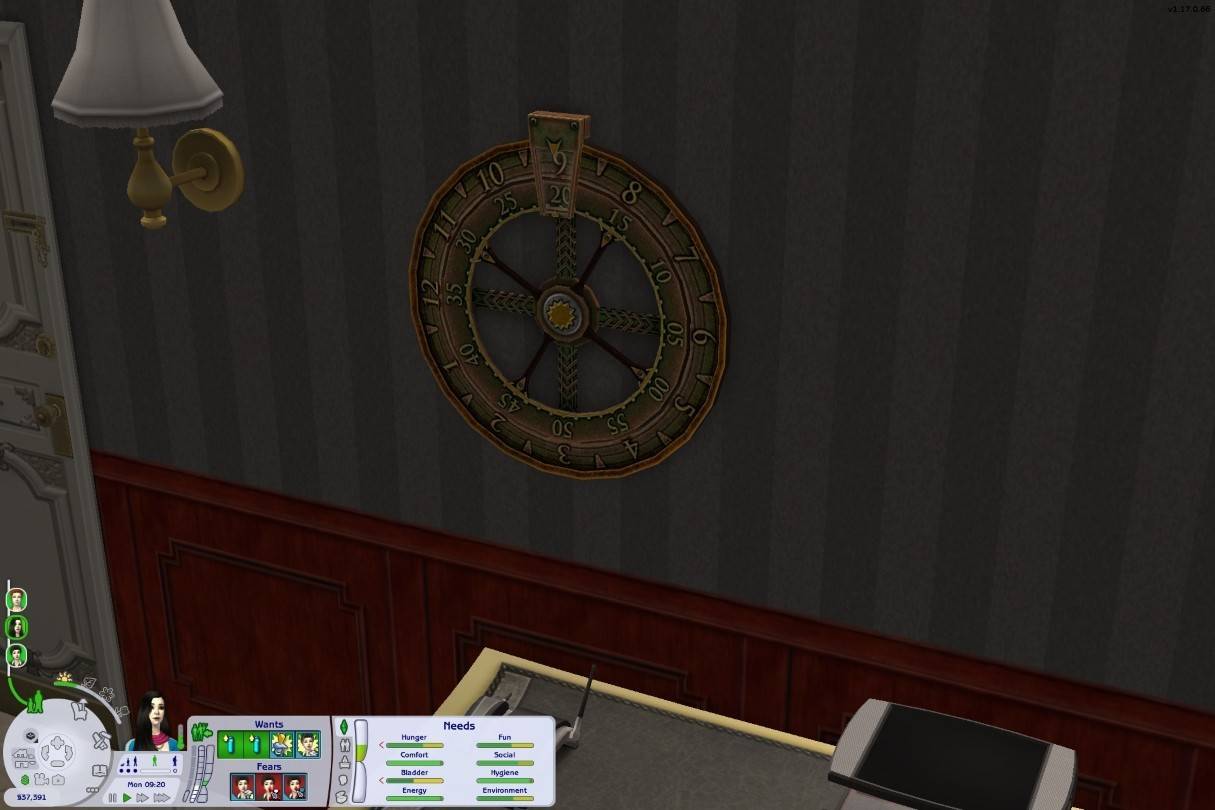 Image: ensigame.com
Image: ensigame.com
Clocks in The Sims 2 displayed the actual in-game time, whether a classic wall clock or an elegant grandfather clock. This feature allowed players to track the hours without relying solely on the interface.
Shop ‘Til You Drop
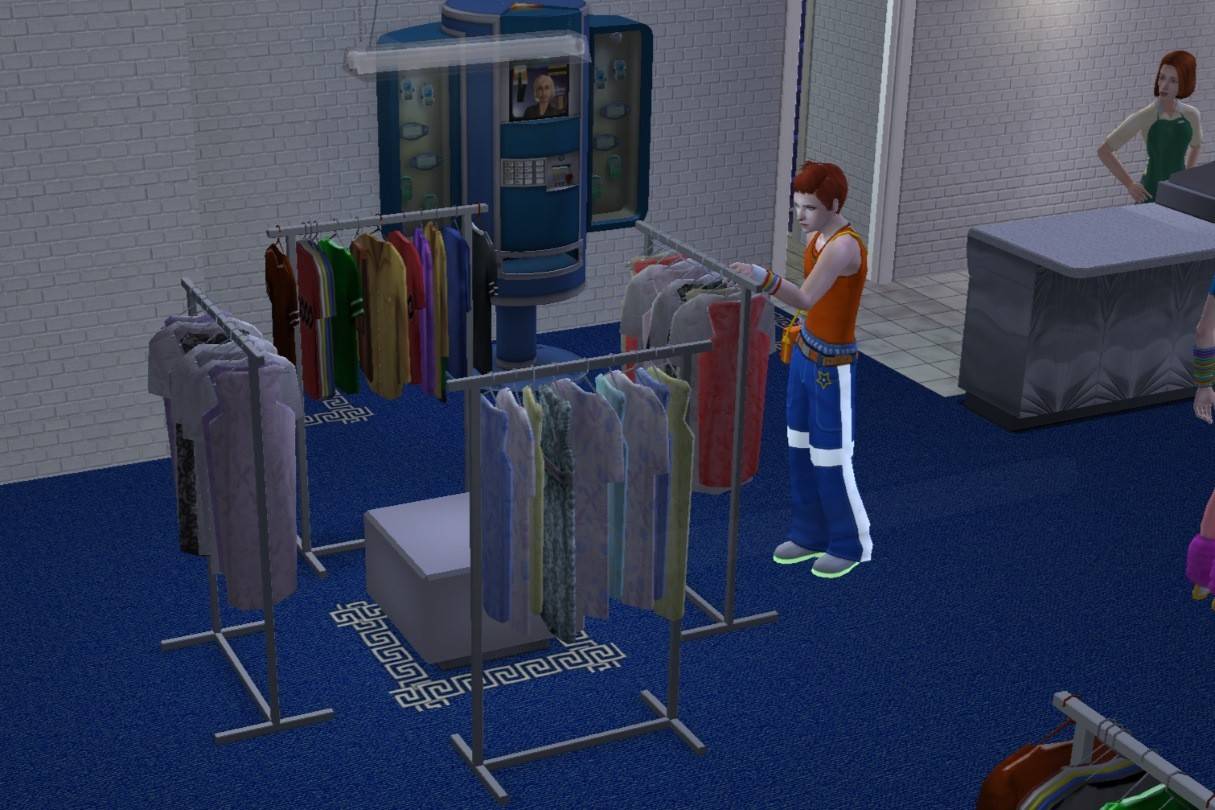 Image: ensigame.com
Image: ensigame.com
Unlike later games where essentials appeared out of thin air, The Sims 2 required Sims to shop for food and clothing. Refrigerators didn't magically stay stocked, and newly aged-up Sims needed new outfits to avoid wearing ill-fitting clothes.
Unique NPCs
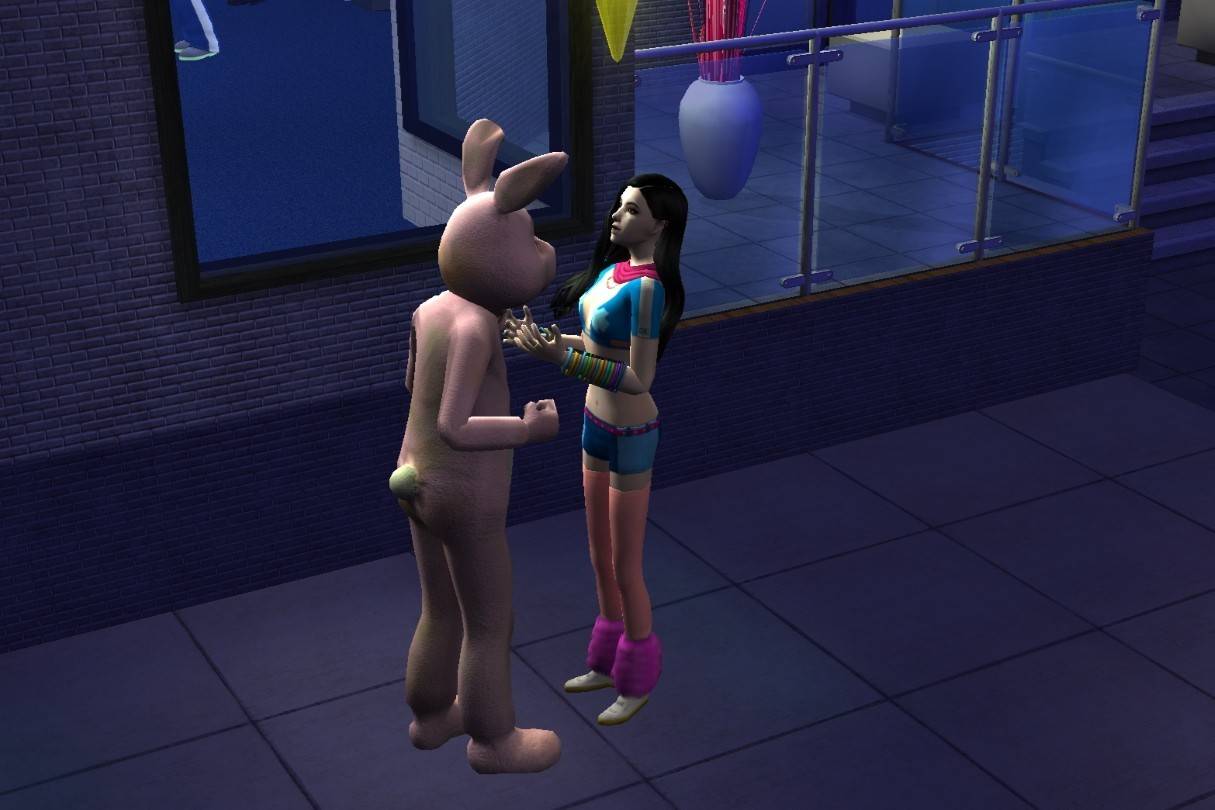 Image: ensigame.com
Image: ensigame.com
The Social Bunny, an oversized rabbit, would appear when a Sim's social needs plummeted, providing company. The Therapist would intervene if a Sim experienced a full-blown breakdown, adding depth to mental health representation.
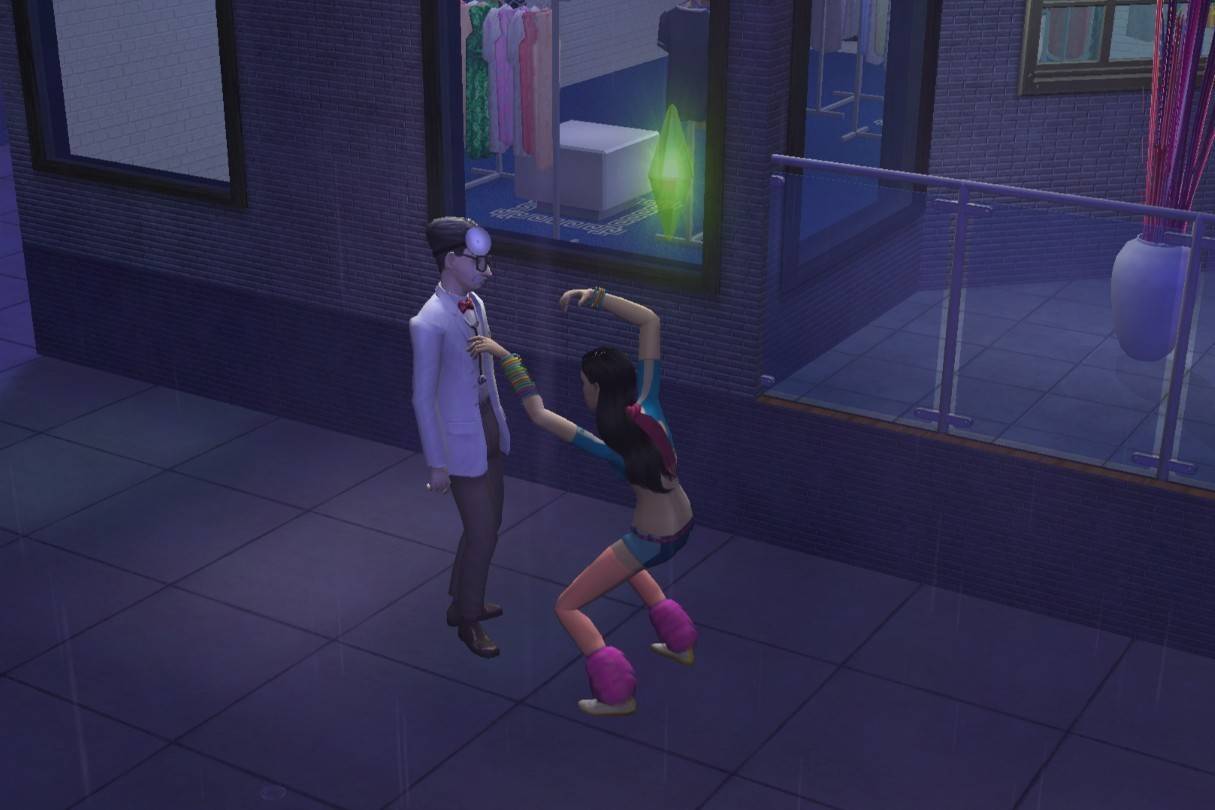 Image: ensigame.com
Image: ensigame.com
Unlocking Hobbies
 Image: ensigame.com
Image: ensigame.com
With FreeTime, Sims could pursue new hobbies, enriching their lives beyond work. From playing football to restoring cars or mastering ballet, hobbies fostered skill-building, friendships, and personal fulfillment. Dedicated hobbyists could unlock secret rewards and exclusive career opportunities.
A Helping Hand
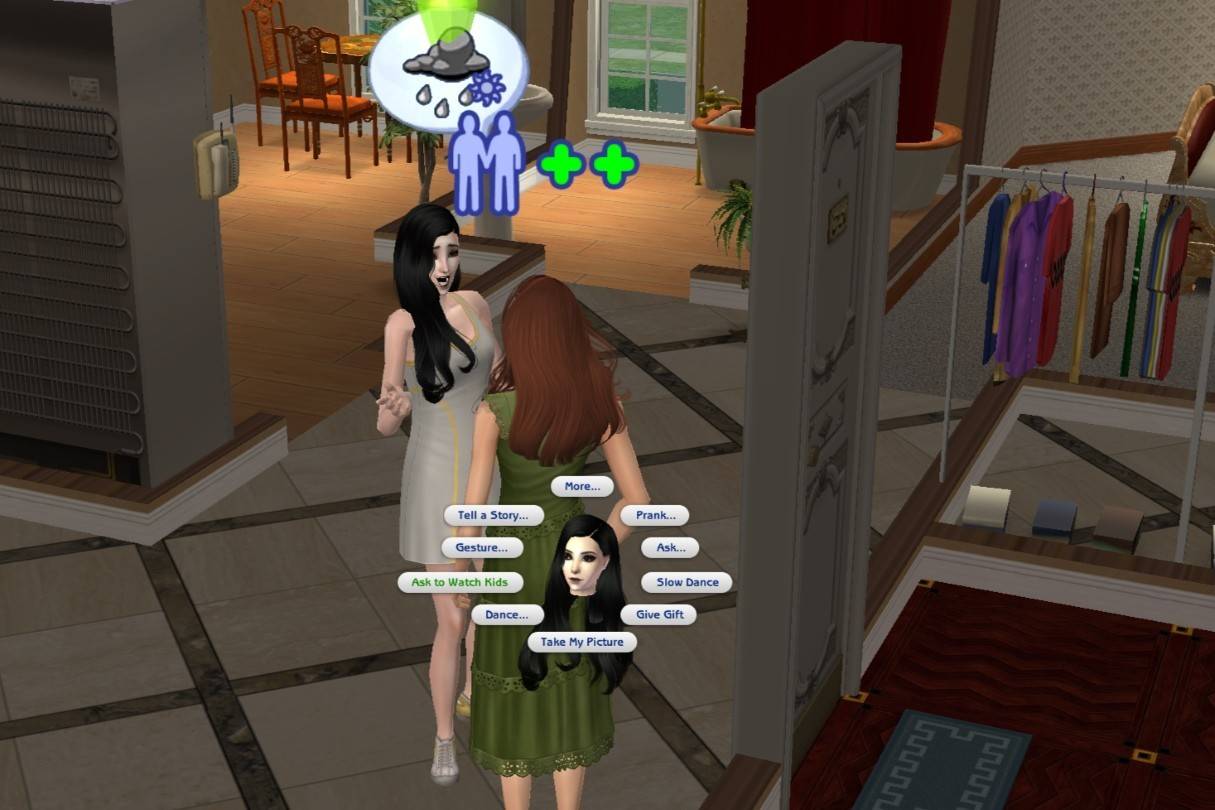 Image: ensigame.com
Image: ensigame.com
If a Sim had a strong relationship with a neighbor, they could ask for help in caring for their children, offering a more personal alternative to hiring a nanny.
The Sims 1 & 2 were groundbreaking in their depth, creativity, and the wealth of unique features they introduced. While we may never get all these features back, they remain a nostalgic reminder of the unique experiences that made the Sims franchise so special in its early days.

